Ever wondered how prehistoric humans kept their dental health in check? Well, The Washington Post writer Rachel Feltman reports that an international team of researchers managed to gain new insight on the diet and dental habits of prehistoric humans.
For thousands of years, a new study indicates, prehistoric humans in central Sudan ate purple nutsedge. Today, we consider the plant a weed—one of the peskiest. But for those ancient humans, the plant was both a staple carbohydrate and a dental health aid: Whether or not they knew it, purple nutsedge was probably protecting their teeth from cavities.
Luckily, our ancestors hadn’t caught on to flossing yet, because this nutritional revelation, published Wednesday in the open-source journal PLOS ONE, comes from the chemical analysis of ancient plaque. Researchers extracted the calcified dental plaque from skeletons found in a multi-period cemetery—one used for at least 7,000 years.
While those who practice traditional Chinese medicine still have use for this particular weed, those who’d like to keep their teeth clean and protected from cavities would do better with the modern means. An experienced dentist in Greenville, SC, for instance, is the best option for locals to fight dental problems like plaque, which is one of the teeth’s worst enemies.
The basics on plaque
Essentially, plaque is the sticky substance left behind by a mixture of leftover food particles and saliva. This is why dental experts advocate brushing and flossing after every meal, especially after locals have their fill of sweet treats like pralines (sugar candy made from nuts and sugar syrup), which are popular in South Carolina.
Why worry about plaque?
If plaque goes untreated, it will turn into a hardened layer referred to as tartar. Eventually, a tartar buildup could lead to an oral infection or gingivitis, whose symptoms include sore or swollen gums and bad breath. If gingivitis is ignored, periodontitis can develop, a condition where the teeth pulls away from the gums, leading to tooth loss.
Treatments for plaque
Consistent brushing and flossing help treat plaque. However, plaque that forms into tartar can no longer be treated by brushing or flossing alone. Reputable dentists in Greenville, SC would perform a procedure known as scaling, where special instruments are used to remove the tartar. As a preventive measure, a dentist may also offer sealants or plastic coatings designed for placement on permanent back teeth.
Prehistoric humans made an effort to keep their teeth clean, so there’s no excuse for modern individuals not to do the same—with modern methods, of course. Regular visits to reputable dental practices in their area like Falls Park Dentistry can help them remain on track for good oral health.
(Source: Ancient humans may have eaten a pesky weed to fight off cavities, washingtonpost.com, July 16, 2014)

